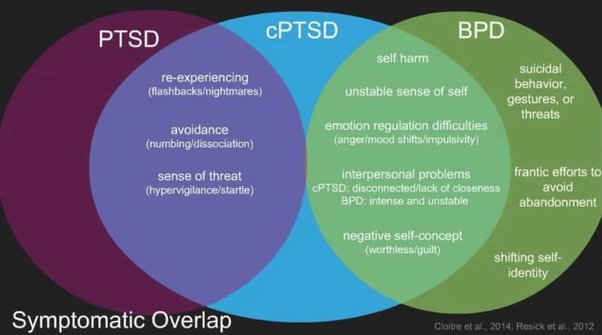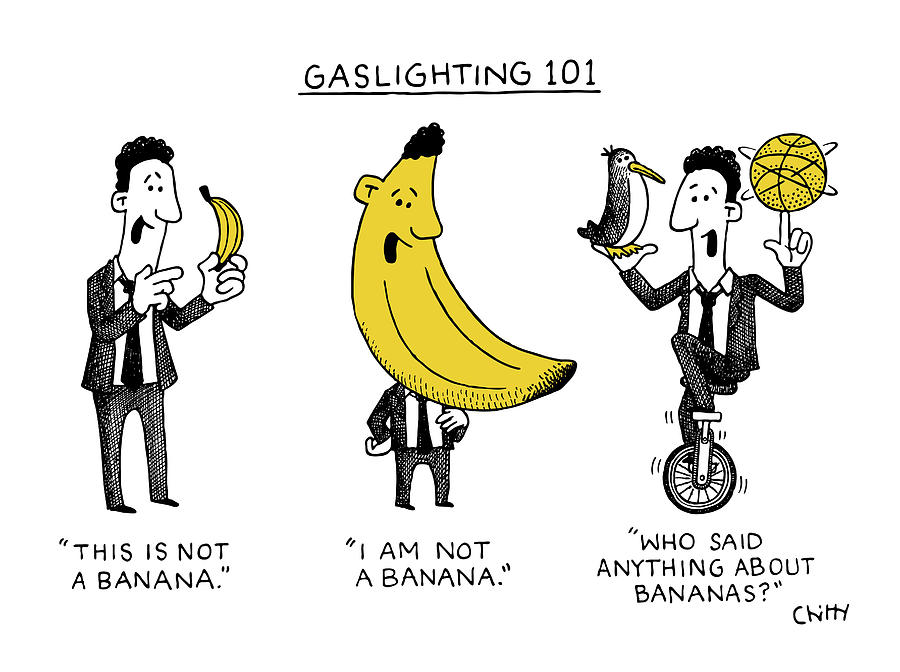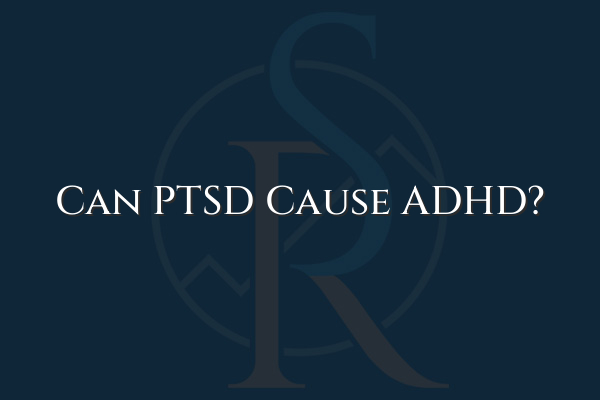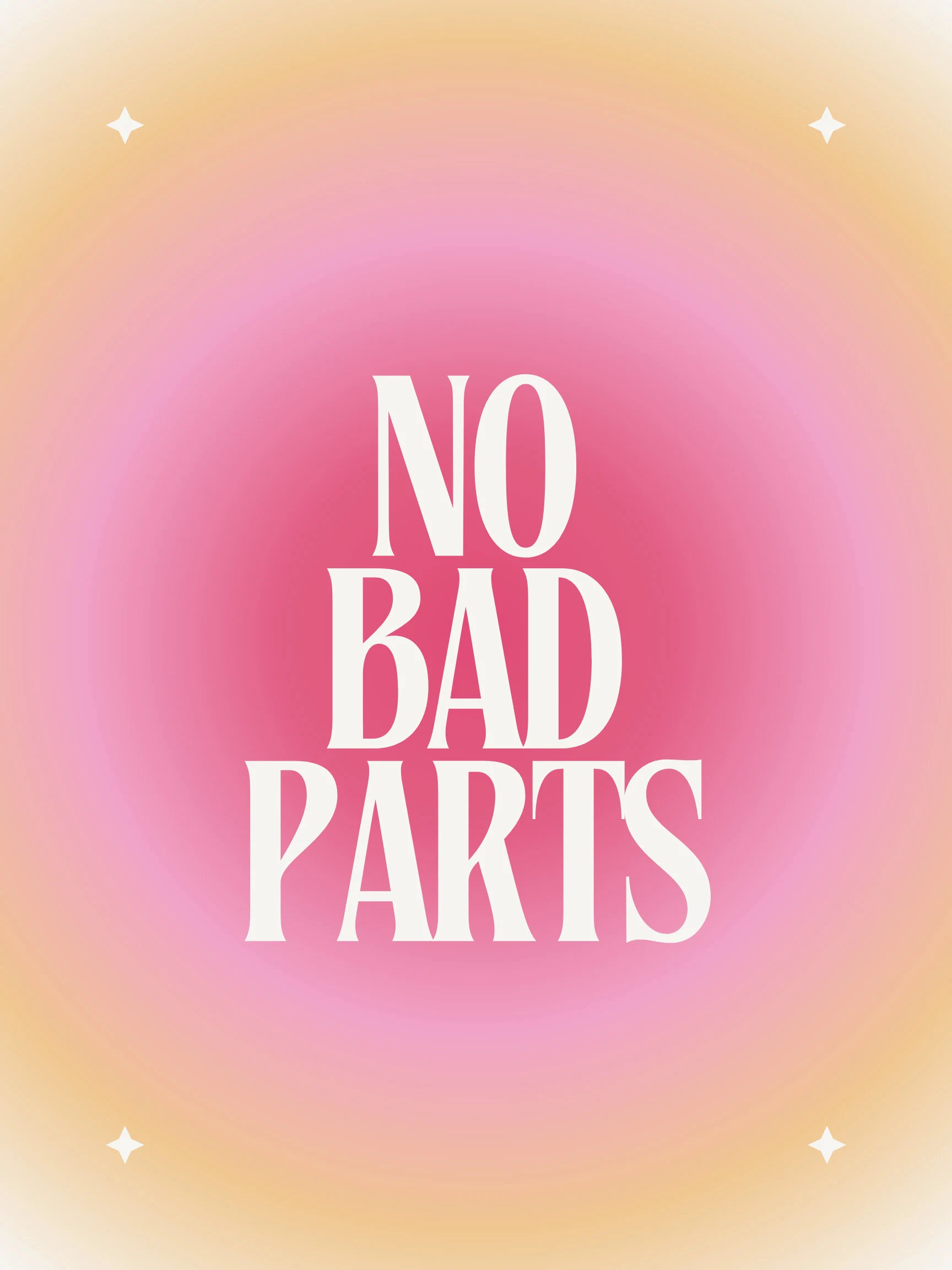Small group practices vs. big tech. A good old fashioned David and Goliath scenario.
The Value of Small Group Practice in Mental Health Therapy: A Perspective from Mountain Valley Counseling owner Misty Newman, CMHC By Misty Newman, CMHC In recent years, the landscape of mental health care has seen a significant shift with the rise of teletherapy platforms like BetterHelp. While these services offer convenience and accessibility, they often reduce therapy to a mere transaction—a commodity in a marketplace driven by profit. As the owner of Mountain Valley Counseling, I believe that true mental health therapy transcends this transactional model. Instead, it thrives on the strength of the therapeutic relationship and the nuanced understanding that only a well-trained therapist can provide. The Dangers of Commodifying Mental Health The commodification of mental health services is alarming. Venture capitalists have recognized the profitability of therapy and have pushed for solutions that prioritize rapid, low-cost access over genuine healing. However, mental health care cannot be adequately addressed…
Suicide Awareness Month
Suicide Prevention and Awareness Month 2024: Supporting Others and Self-Care September is recognized as Suicide Prevention and Awareness Month, a crucial time to shine a light on mental health challenges and the importance of providing support to those in need. This year, Mountain Valley Counseling wants to focus not only on how to support those struggling but also on the necessity of self-care for caregivers. Understanding the Context In recent years, suicide rates have tragically increased, highlighting a growing mental health crisis. Factors contributing to this rise include: Social Isolation: The COVID-19 pandemic exacerbated feelings of loneliness and disconnectedness. Many individuals are still grappling with the emotional aftermath, which can lead to increased suicidal ideation. Economic Stress: Financial instability, job loss, and the rising cost of living can overwhelm individuals, creating a sense of hopelessness. Access to Mental Health Resources: Despite growing awareness, access to mental health care remains limited…
Understanding Gaslighting and Its Impact on Mental Health Gaslighting is a form of psychological manipulation where a person or group seeks to make someone doubt their own perceptions, memories, or reality. This term, derived from the 1944 film “Gaslight,” where a husband manipulates his wife into questioning her sanity, has become a widely recognized concept in discussions of emotional abuse and manipulation. Gaslighting can occur in various relationships, including romantic partnerships, friendships, family dynamics, and workplace settings. Definition and Mechanisms of Gaslighting Gaslighting involves a series of manipulative tactics aimed at undermining the victim’s sense of reality. These tactics include denying facts, minimizing the victim’s feelings, and presenting false information as truth (Stark, 2018). The ultimate goal is to destabilize the victim’s perception of reality, thereby gaining control and power over them. Gaslighters often use subtle and gradual methods to erode the victim’s confidence in their own thoughts and…
The correlation between PTSD and ADHD.
Attention-Deficit/Hyperactivity Disorder (ADHD) and Post-Traumatic Stress Disorder (PTSD) are two distinct psychiatric conditions, but they can intersect in complex ways. Both disorders impact attention, behavior, and emotional regulation, and their interplay can complicate diagnosis and treatment. This relationship is especially pertinent when considering how untreated trauma might contribute to or exacerbate ADHD symptoms. ADHD and PTSD: An Overview ADHD is characterized by persistent patterns of inattention and/or hyperactivity-impulsivity that interfere with functioning or development (American Psychiatric Association, 2013). PTSD, on the other hand, arises from exposure to traumatic events and includes symptoms such as intrusive memories, hypervigilance, and avoidance (American Psychiatric Association, 2013). The Overlap Between ADHD and PTSD Research shows that both ADHD and PTSD involve disruptions in attention and executive functioning. For instance, individuals with ADHD often struggle with sustaining attention and managing tasks, while those with PTSD may experience difficulties with concentration due to intrusive thoughts…
How new age therapies re-brand psychoanalytic concepts that have been around since Freud
How Freud’s ideas show up in new age contemporary therapy modalities Sigmund Freud, often regarded as the father of psychoanalysis, is a figure whose contributions to psychology and psychotherapy have been both revolutionary and controversial. While Freud’s theories have faced significant criticism, it’s essential to recognize that many modern therapeutic approaches and psychological theories have built upon, adapted, or even rediscovered concepts originally proposed by Freud. This essay explores why Freud doesn’t deserve the bad reputation he sometimes gets and argues that many contemporary psychological practices are deeply rooted in Freudian ideas, albeit under different names. Freud’s Legacy and Modern Adaptations Sigmund Freud’s work laid the foundation for much of modern psychology, particularly in the realm of understanding the unconscious mind and the therapeutic process. Freud’s theories, such as the role of the unconscious, defense mechanisms, and the significance of early childhood experiences, have profoundly influenced the field. Over…
Healing Trauma from and honoring all of your parts
The IFS treatment model is becoming quite popular. It is particularly helpful with trauma.










